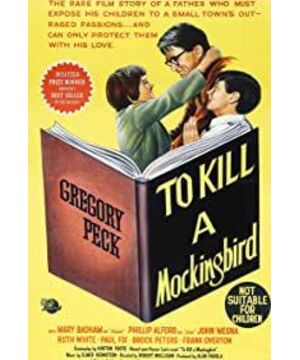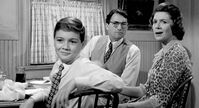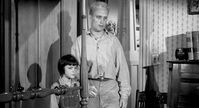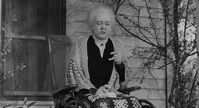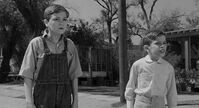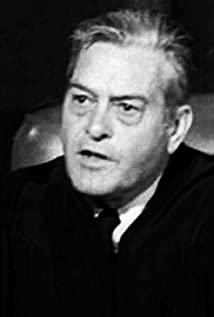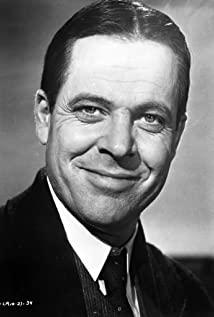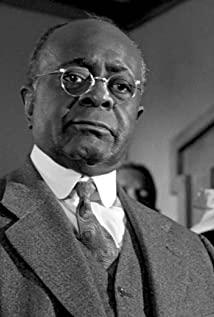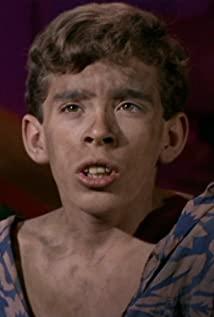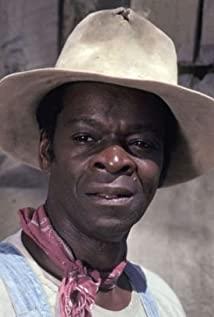The film "To Kill a Mockingbird" highlights two themes, which also correspond to two climaxes and two conflicts. (According to novel theory, the climax is the place where the conflict is most intense)
One is the conflict between prejudice and justice, embodied in the black Tom Robinson case. Tom's words were heartfelt and moving, the lawyer's words were gripping, and the plaintiff's testimony was pale and twisted. The crowd's eyes were sharp, but the jury ultimately found guilty, crushing Tom's straw and forcing him to fall into the abyss and die.
There are some rules, which, though not forming clauses, are sometimes stronger than laws, powerful enough to determine people's choices, which are invisible shackles.
There are some rules, although they are written on white paper, they are so fragile that they are vulnerable in the face of secularism, tradition, and evil thoughts.
Another is the conflict between law and reason, which is reflected in the case of children being assaulted. Driven by the kindness and friendliness of the child, Bo killed someone, but the sheriff chose to hide it.
In this film, the comparison method is used throughout.
The contrast between Tom's innocence and Tom's final conviction; the contrast between Tom's black appearance and his white heart; the contrast between the white appearance of the victim's father and his black heart; the comparison of Tom before and after his appearance in court; the sheriff in Tom's case Tell the truth, compared to telling lies in the case of child assault...
This movie, foreshadowing is cleverly designed.
Boo's rumors and the truth; Jim looking for his pants and being rescued; two images of a robin and a hint of a bird's chirping...
There is one place that brings tears to my eyes.
While the townspeople are defending the lawyer, the girl says something to the gentleman at the beginning of the film (also foreshadowing), and people bow their heads and leave.
I saw a process of conscience overcoming the shackles of the world. I saw the brilliance of justice and respect. It was this faint spiritual light that propped up the backbone of mankind and illuminated the splendid sky.
Long-winded, long-winded, one thing to say, one film review debut? Let’s encourage each other.
【2021 June 28 Original Works by Song Yanke】
View more about To Kill a Mockingbird reviews


